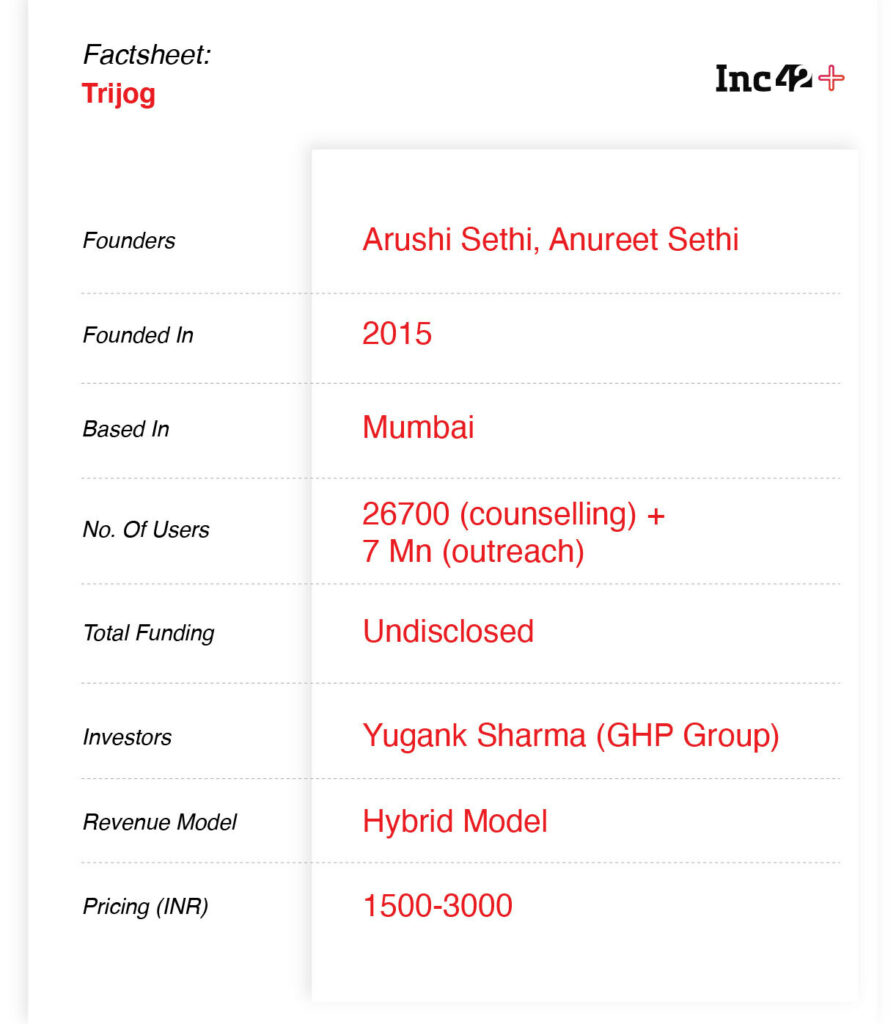
Mumbai-based cryptocurrency exchange aggregator, CoinDCX recently announced that Insta (formerly known as DCXInsta), has recorded a 38% MoM in growth since its inception in 2018.
Sumit Gupta, cofounder and CEO of CoinDCX, in a press statement, said that its product (Insta) witnessed a 62% MoM growth after the Supreme Court verdict. With more Indians interested in participating in the global crypto economy following the Supreme Court lifting of the banking ban in India in March, Gupta said that it becomes crucial to have a reliable on-ramp and off-ramp solution to fuel the national crypto adoption.
CoinDCX’s Insta which was launched on August 15, 2018, is a fiat-crypto exchange product that lets investors trade in INR. For instance, users on its platform can purchase 100+ cryptocurrencies at competitive prices with close to zero deposit and withdrawal fees. Also, the company said that coins on Insta are protected through CoinDCX’s best-in-class security measures.
Besides CoinDCX, other crypto exchange platforms like WazirX, Unocoin, Bitbns, Cashaa, Oropocket among others have also witnessed a surge in users and transactions after the Supreme Court verdict. Plus, due to the Covid-19 pandemic, many Indians spent more time at home, where they began exploring other alternative investments. For instance, the trading volume on Mumbai-based WazirX rose 400% and 270% month-on-month in March and April. The company claimed to have to facilitate around 60 Mn trades per day as compared to 20 Mn before March.
Recently, Blockchain.com also revealed that India, Peru, Indonesia, where some of the top countries to have witnessed an increase in crypto wallet transactions. Followed by Côte d’Ivoire, Nigeria, Japan, the Philippines, Venezuela, Bangladesh, and Bulgaria among others. Further, it stated that the total number of unique blockchain wallets created is more than 52 Mn.
But, all this growth seems short lived for cryptocurrency exchange platforms, as uncertainty surrounds these platforms. The Indian government is most likely to ban cryptocurrencies in the coming months, with the draft ‘Banning of Cryptocurrency and Regulation of Official Digital Currency Bill, 2019.
On the bull run, the price of Bitcoin (BTC) at the time of writing was $12,278 with a market cap of, compared to last week (August 11, 2020) which stood at $11.865, with a market cap of $219 Bn. Now the question remains if this surge continues will BTC cross $15K by the end of this year.

#Bitcoin rocketing through 12K on Monday morning is much more energizing and a large cold brew.
— Tyler Winklevoss (@tylerwinklevoss) August 17, 2020
On the other hand, in a survey conducted by Plan B, where a total of 22,635 took part in a Twitter poll, showed that more than 72% of bitcoin investors are bullish about the cryptocurrency and will hold onto it even if the price somehow drops to zero.
Ethereum (ETH), on the other hand, was priced at $430.95, with a market cap of $48 Bn at the time of writing, compared to last week (August 11, 2020), where the price of the cryptocurrency was $389, with a market cap of $43 Bn.

Cryptocurrency News Of The Week:
Paytm Payments Bank Blocks Customers Over Crypto Trading
India’s digital bank Paytm Payments Bank has been reportedly been blocking customers’ accounts for suspicious activity of cryptocurrency trading. According to Coin Crunch India, in its Twitter post, said that many users have been reporting that the company is freezing their bank account with suspicion of crypto trading activity. This, however, has instigated fear among a few investors, as crypto trading is not illegal in the country. Further, the post stated that banks are not restricted. However, banks can act in their own interest so users are advised to take caution.
Coinbase To Offer Loan To Buy Bitcoins
San Francisco-based Coinbase, recently announced that it will be offering Bitcoin-backed cash loans to select customers starting from next month. Accordingly, customers from 17 states, including Alaska, Arkansas, Connecticut, Florida, Georgia, Illinois, New Jersey among others, have been invited to join the waitlist to borrow up to 30% of their bitcoin holdings. The maximum loan is $20K at 8% for one year with no credit check.
US Central Bank Working On Developing Digital Currency
In a recently published transcript from Federal Reserve Board Governor Lael Brainard, the US central bank stated that it has been working on creating a digital dollar. At the ‘San Francisco’s Innovation Office Hours’ webcast, she said that the authority has been collaborating with researchers at the Massachusetts Institute of Technology (MIT) towards building a central bank digital currency (CBDC) codebase. Further, she stated that the coronavirus outbreak was a reminder of how far behind the country is with regard to digital currency payments.
The post Cryptocurrency This Week: After Supreme Court Verdict, CoinDCX Records 62% MoM Growth & More appeared first on Inc42 Media.























 “Digital sales have their squirrel’s share that goes up to 5%, as compared to the offline distribution sales channel.” – Nevil Patel, director, Ajanta-ORPAT Group. It’s early days for many of India’s traditional brands in the D2C space, but slowly and certainly, brands such as Ajanta-Orpat, Cornitos, LG, Kiehl’s, Havells and dozens of others are looking to own the customer journey from product development to last-mile delivery. From retail presence and traditional distribution, direct-to-consumer (D2C) is fast becoming the new buzzword for brands in India’s storied consumer products and goods market. Over the past few years, even traditional businesses have... This is an Inc42+ Member Exclusive story.
“Digital sales have their squirrel’s share that goes up to 5%, as compared to the offline distribution sales channel.” – Nevil Patel, director, Ajanta-ORPAT Group. It’s early days for many of India’s traditional brands in the D2C space, but slowly and certainly, brands such as Ajanta-Orpat, Cornitos, LG, Kiehl’s, Havells and dozens of others are looking to own the customer journey from product development to last-mile delivery. From retail presence and traditional distribution, direct-to-consumer (D2C) is fast becoming the new buzzword for brands in India’s storied consumer products and goods market. Over the past few years, even traditional businesses have... This is an Inc42+ Member Exclusive story. 




 Some of the acquisitions such as Essel Mutual Fund and Essel AMC have not been approved by SEBI. The acquisitions, however, have been cleared by Competition Commission of India (CCI).
Some of the acquisitions such as Essel Mutual Fund and Essel AMC have not been approved by SEBI. The acquisitions, however, have been cleared by Competition Commission of India (CCI).
